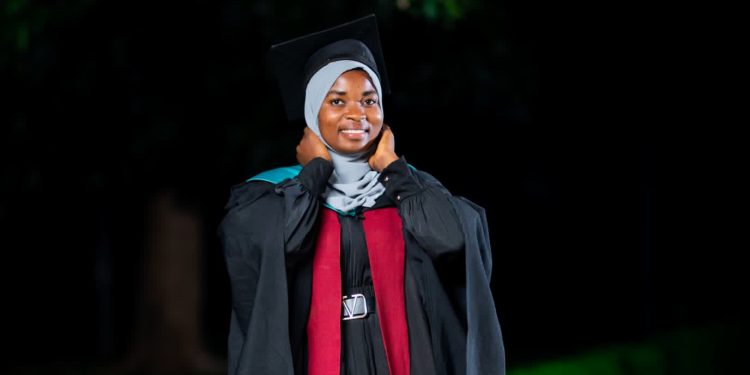Marriage is a long life journey, at the same time it is half of our deen of Islam. The real aim of marriage in Islam is to make it successful, based on compatibility between the partners.
Before continuing with this article, I recommend you first take a look at the previous article titled: Spiritual Assistance to Get Married, where I compiled a list of tips for someone to get married with the guidance of Allah.
Today, we will discuss some factors we should look into when choosing a spouse.
But before choosing a spouse, we should begin with ourselves! We have to prepare well by educating ourselves for so many years-that is if we want to build a successful family and subsequently a successful community.
Now, what should we consider when selecting a spouse?
First, we have to look at persons between whom marriage is forbidden, that is to say consanguineous Mahrams, Mahrams based on affinity and Mahrams based on Fosterage.
Secondly, we should consider on suitability/compatibility. Here, we are talking about faith, descent, Akhlaq, compatibility and financial competence.
Lastly, free consent of both parties, that is to say all parents must approve the marriage.
However, many fathers make mistake, wants to impose an unbearable burden on their daughters by forcing them to marry a man they dislike forgetting that Islam prohibited this.
A father has no mandate to force his daughter to marry a man she dislikes but he is there just to offer advice, to guide his daughter on her already chosen spouse.
However, this does not mean that you should shun away from your parents advice-you have to know that whatever they tell you, they have experience in it and they know all positive and negative sides.
Imam Al-Bukhaari in his report quoted the following texts from al-Khansa’ bint Khidam that support women in this issue:
“My father married me to his nephew, and I did not like this match, so I complained to the Messenger of Allah. He said to me:
‘Accept what your father has arranged.’ I said, ‘I do not wish to accept what my father has arranged.’ He said, ‘Then this marriage is invalid, go and marry whomever you wish.’ I said, ‘I have accepted what my father has arranged, but I wanted women to know that fathers have no right in their daughter’s matters (i.e. they have no right to force a marriage on them).’” See Fath al-Bari, 9/194, Kitab al-nikah, bab ikrah al-bint ‘ala al-zawaj; Ibn Majah, 1/602, Kitab al-nikah, bab man zawwaja ibnatahu wa hiya karihah; al-Mabsut 5/2.
You see, at first, the Prophet told al-Khansa’ to obey her father, and this is as it should be, because the concern of fathers for their daughters’ well being is well known. But when he realized that her father wanted to force her into a marriage she did not want, he gave her the freedom to choose, and saved her from the oppression of a father who wanted to force her into an unwanted marriage.
Nevertheless, we have also to know what constitutes marriage. If you want to marry, ask yourself, what is marriage? What are your expectations in marriage?
Do you want to get married for the pleasure of Allah? Not to be lonely? To be loved? To find a soul mate friend? To find someone to have children with? To build a home? To be in love? Or just to be looked after?
Answering above questions will help you well determine what constitutes marriage.
For today, let us stop there. Next week, I will talk about what to do prior to the actual Nikah ceremony.
May Allah bless you all!




















